TED ANKARA COLLEGE
PERFORMING ARTS CENTER
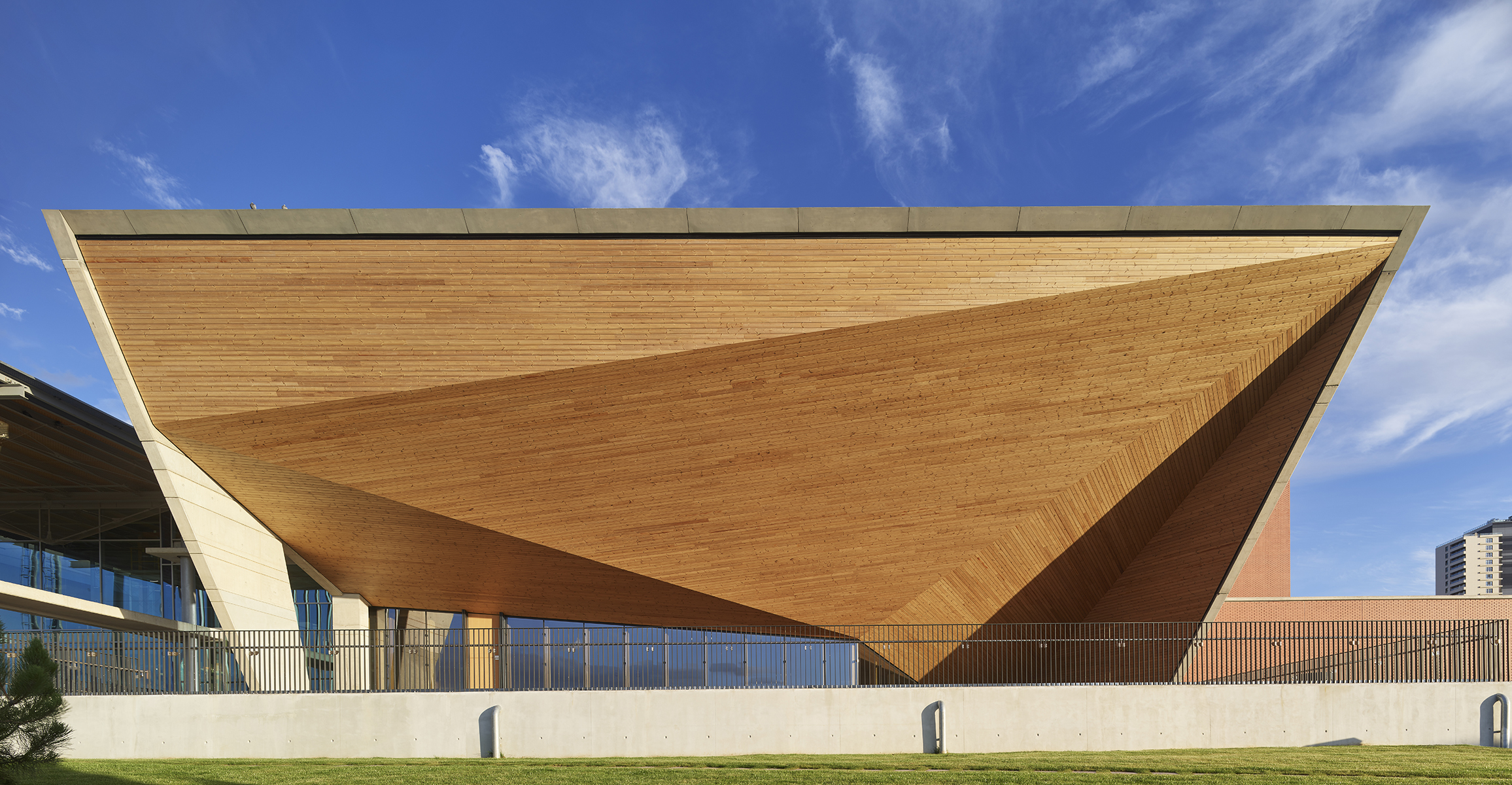
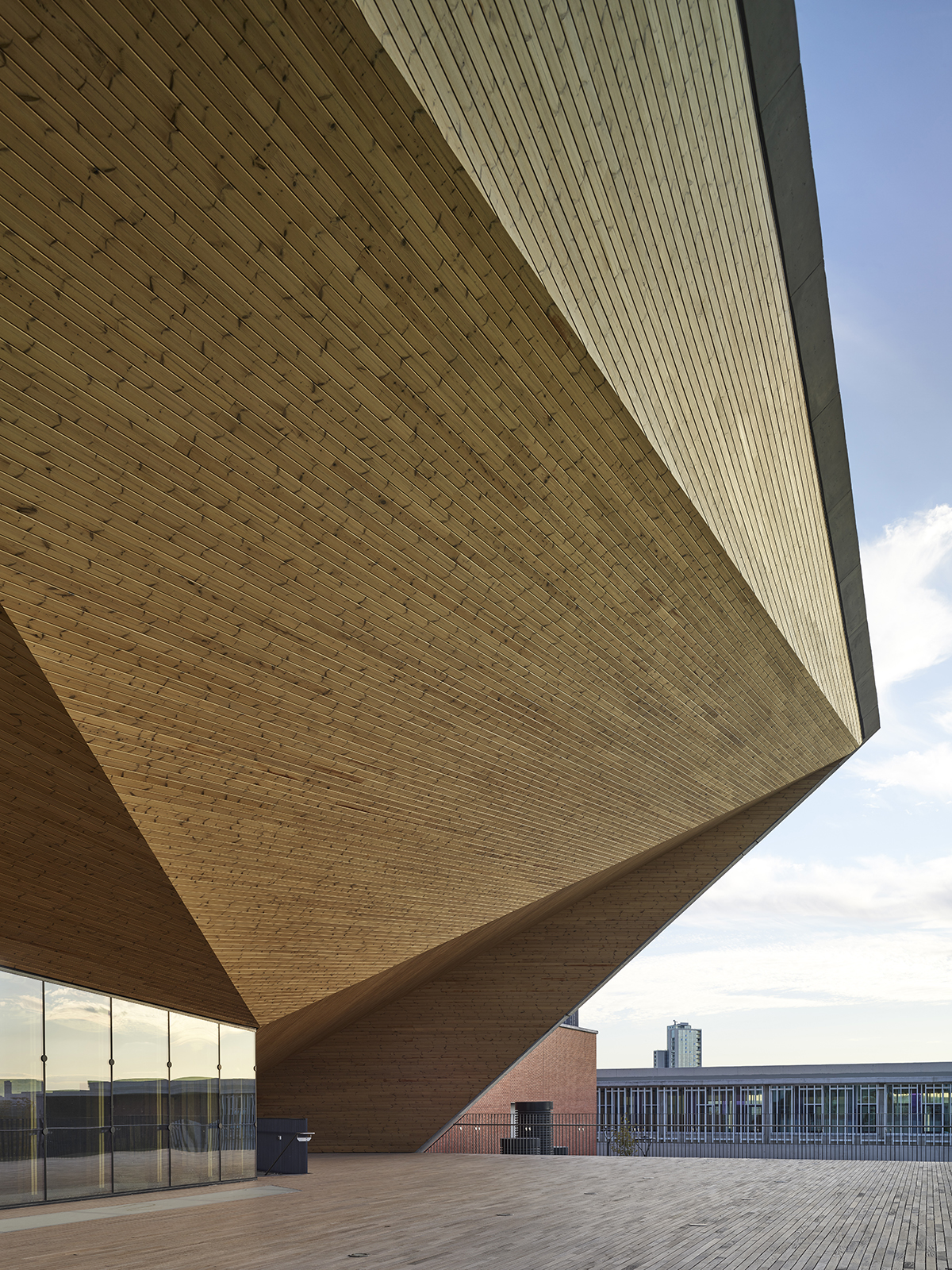
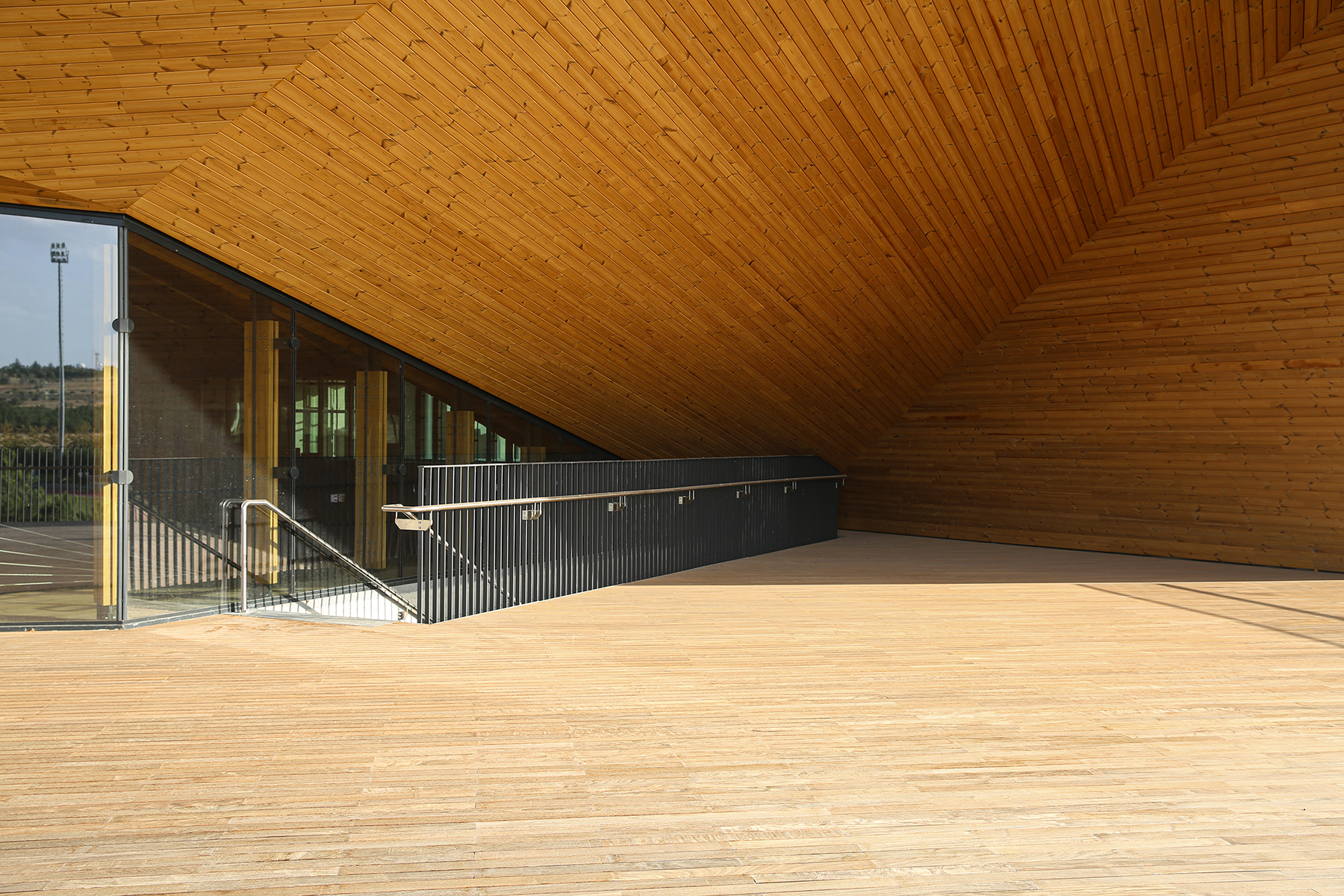
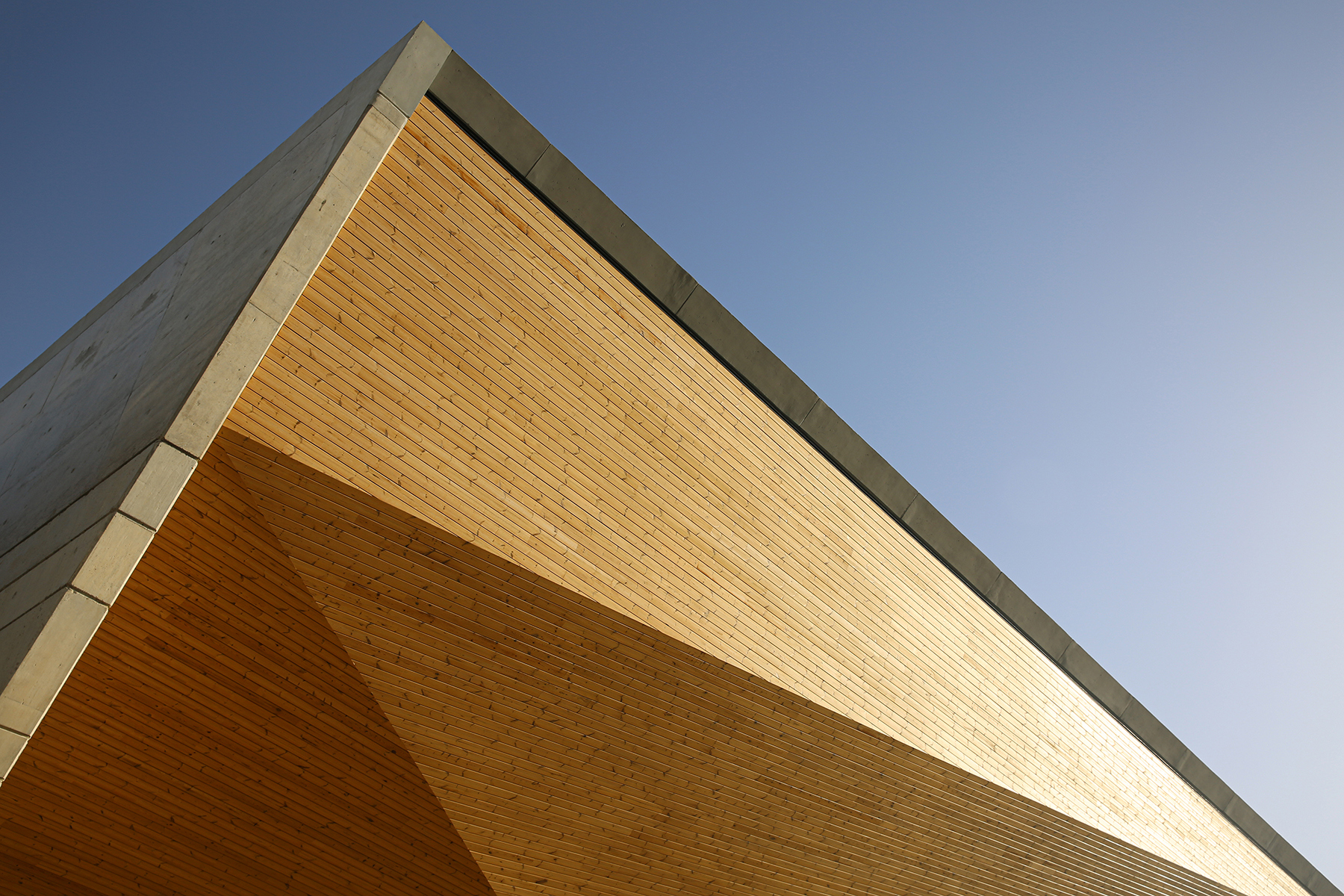
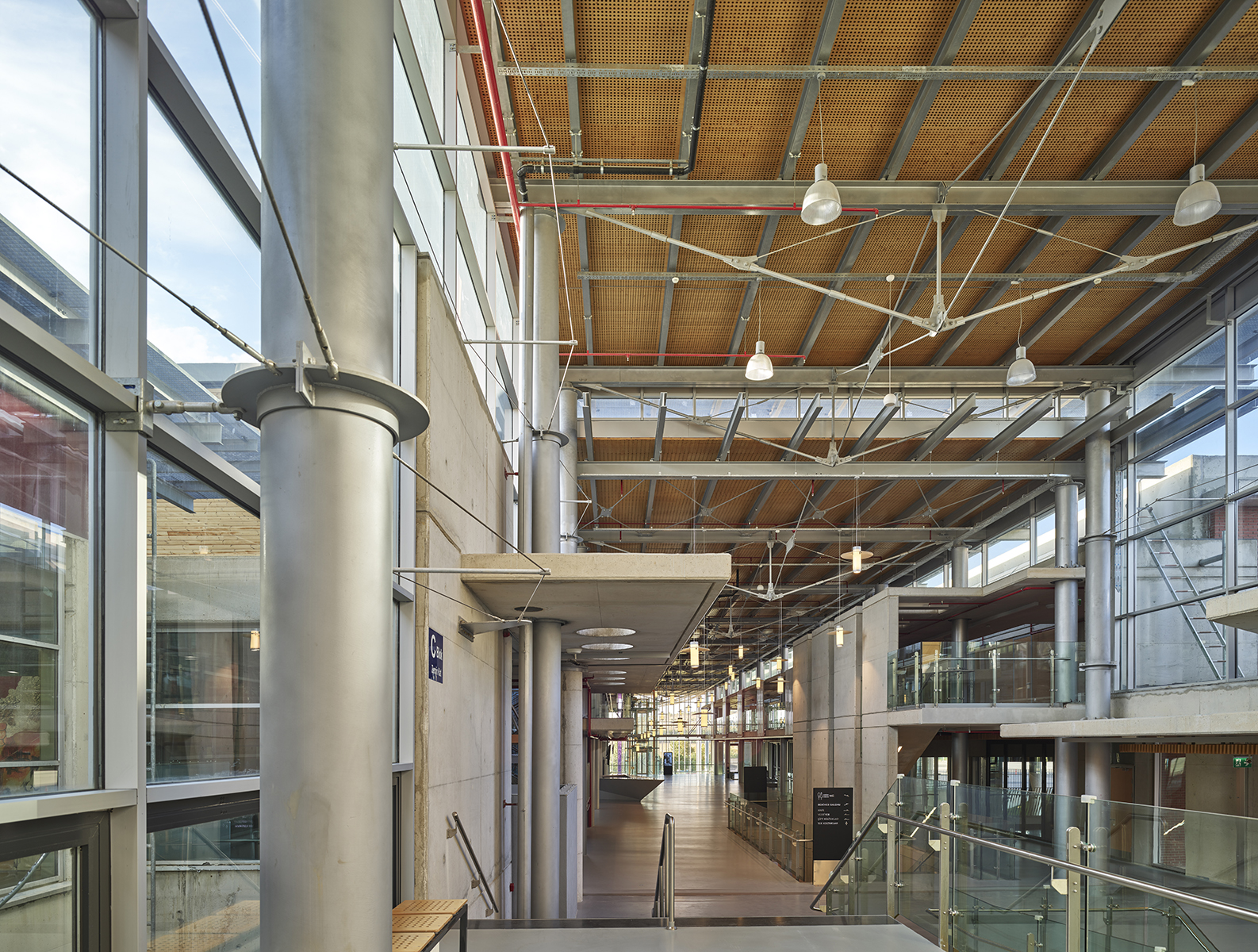
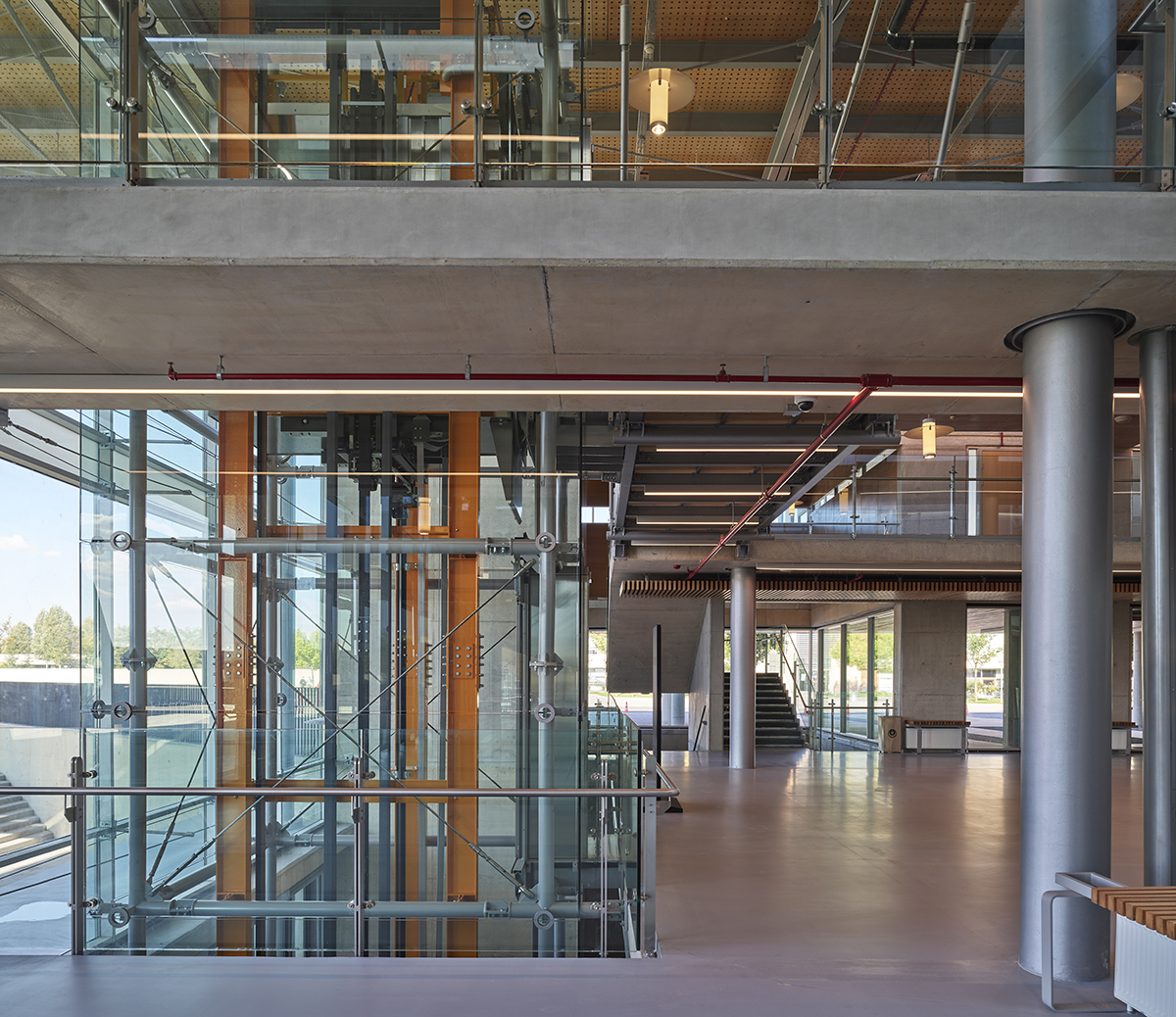
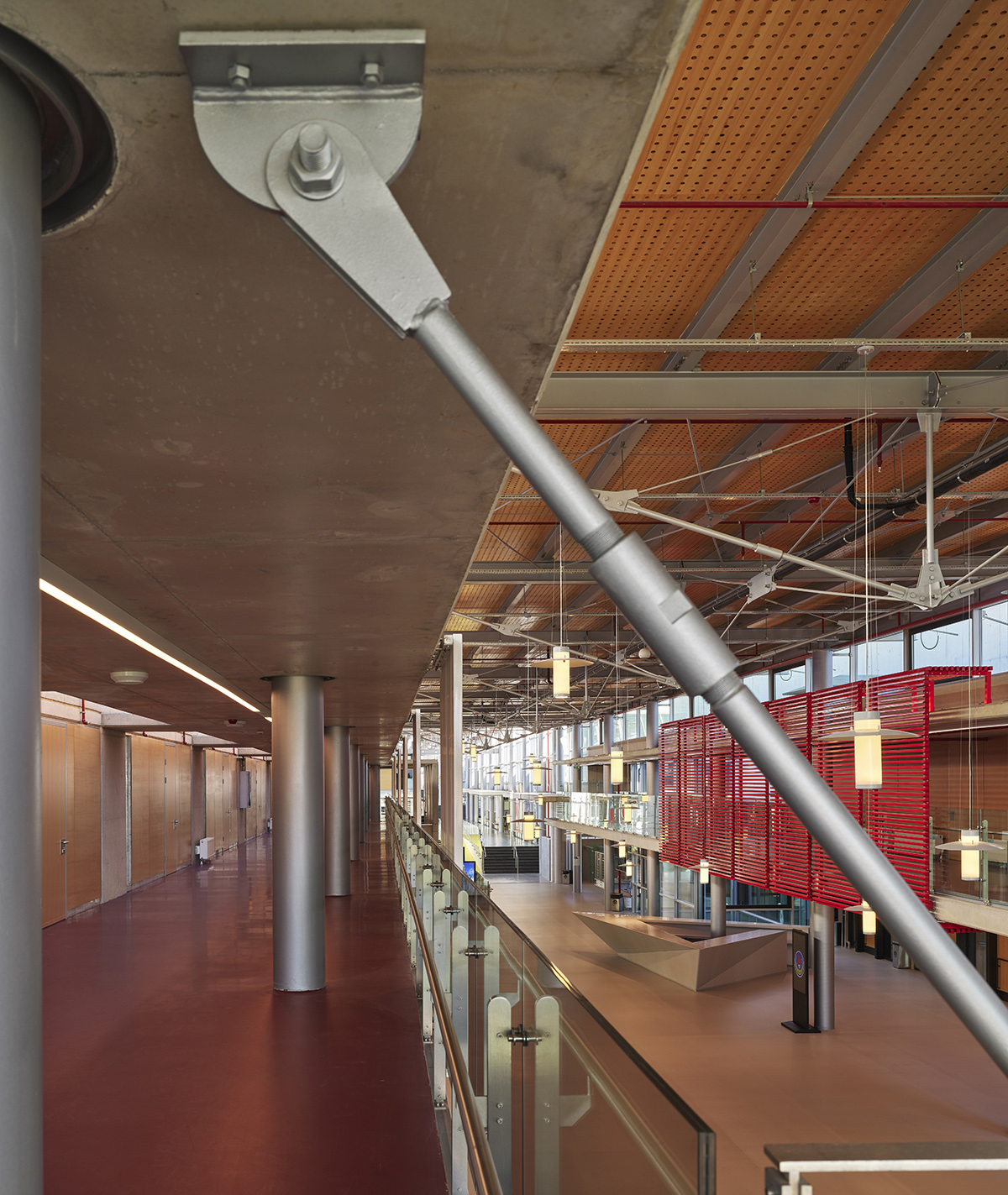
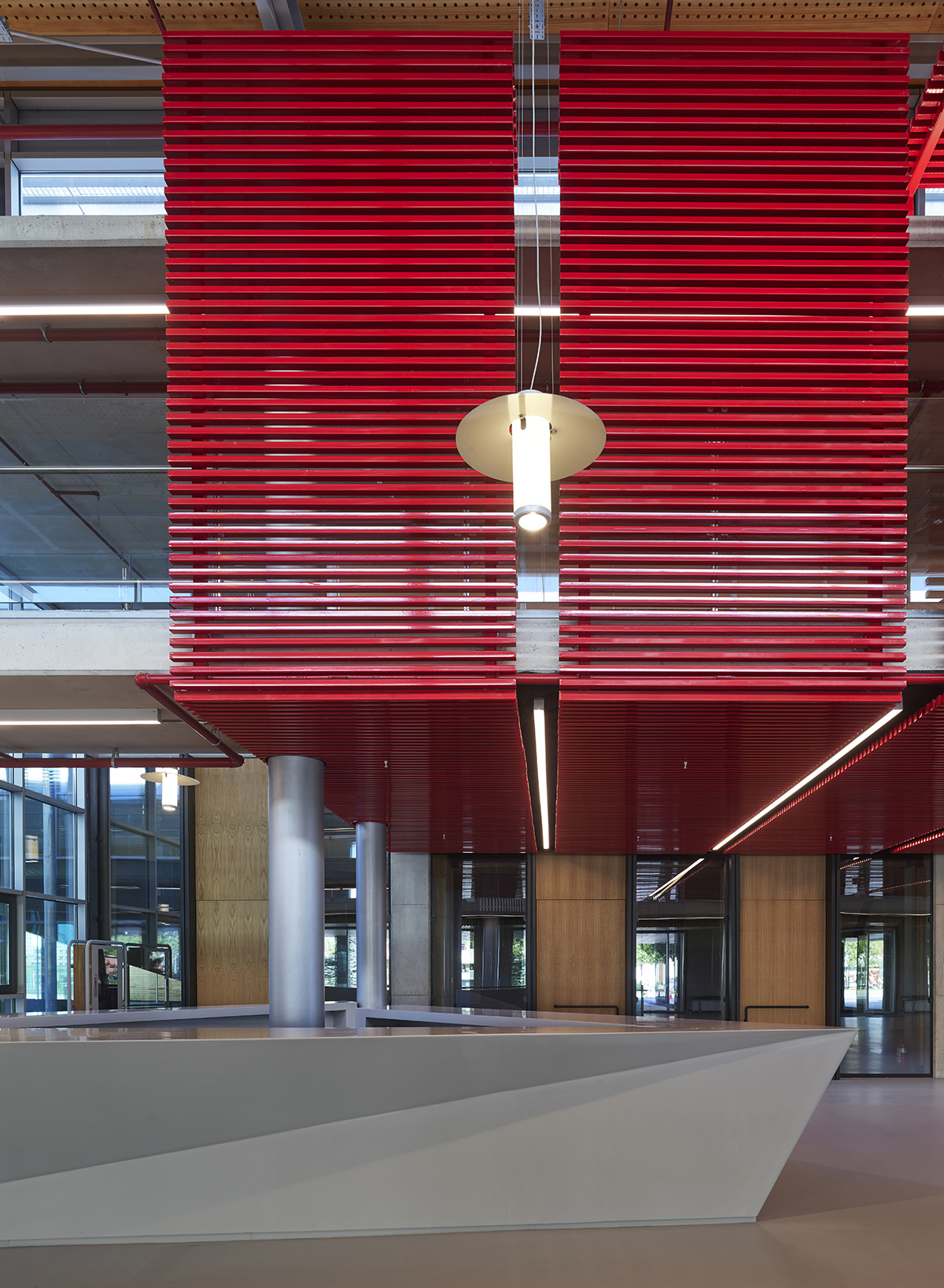
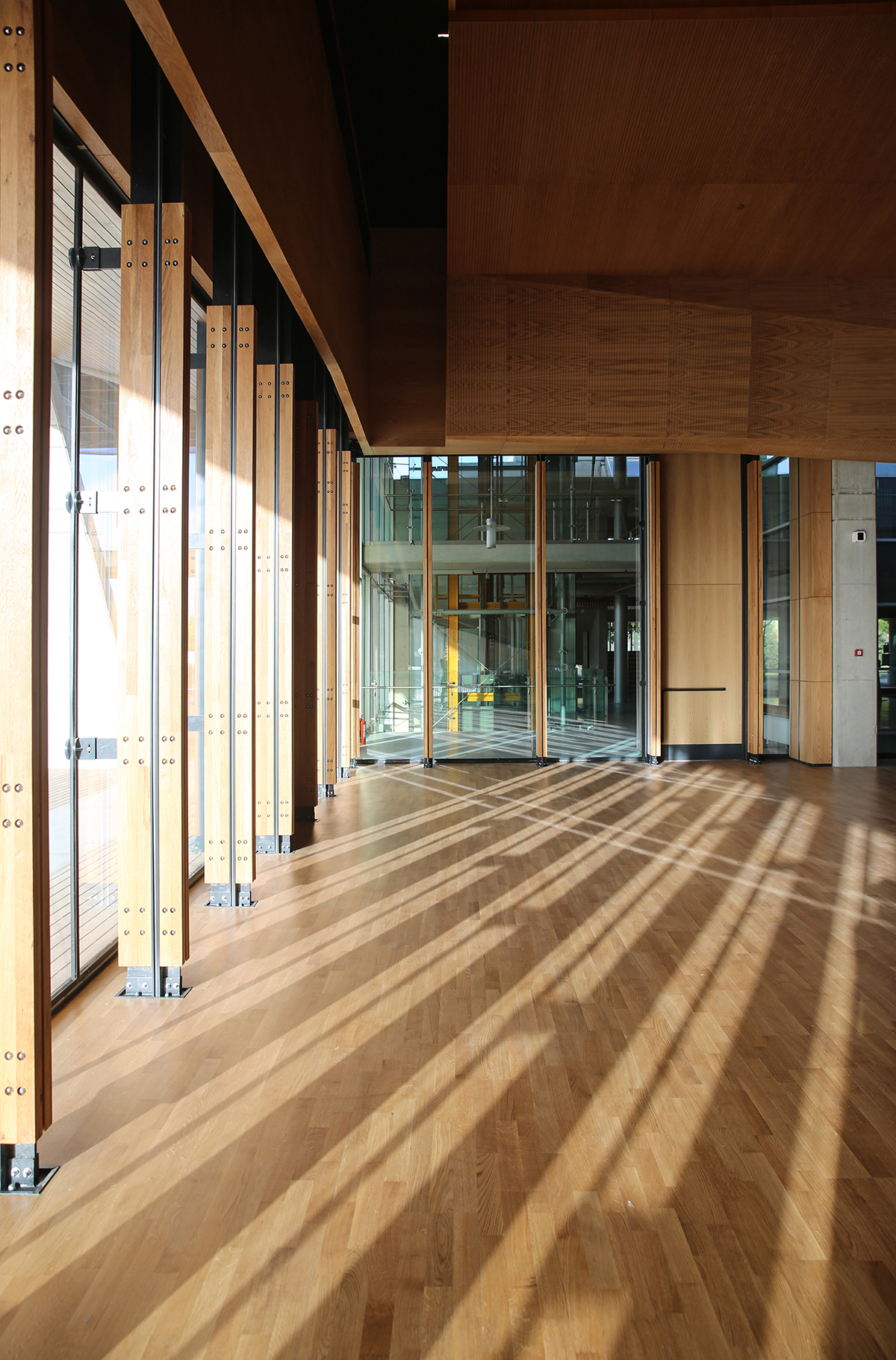
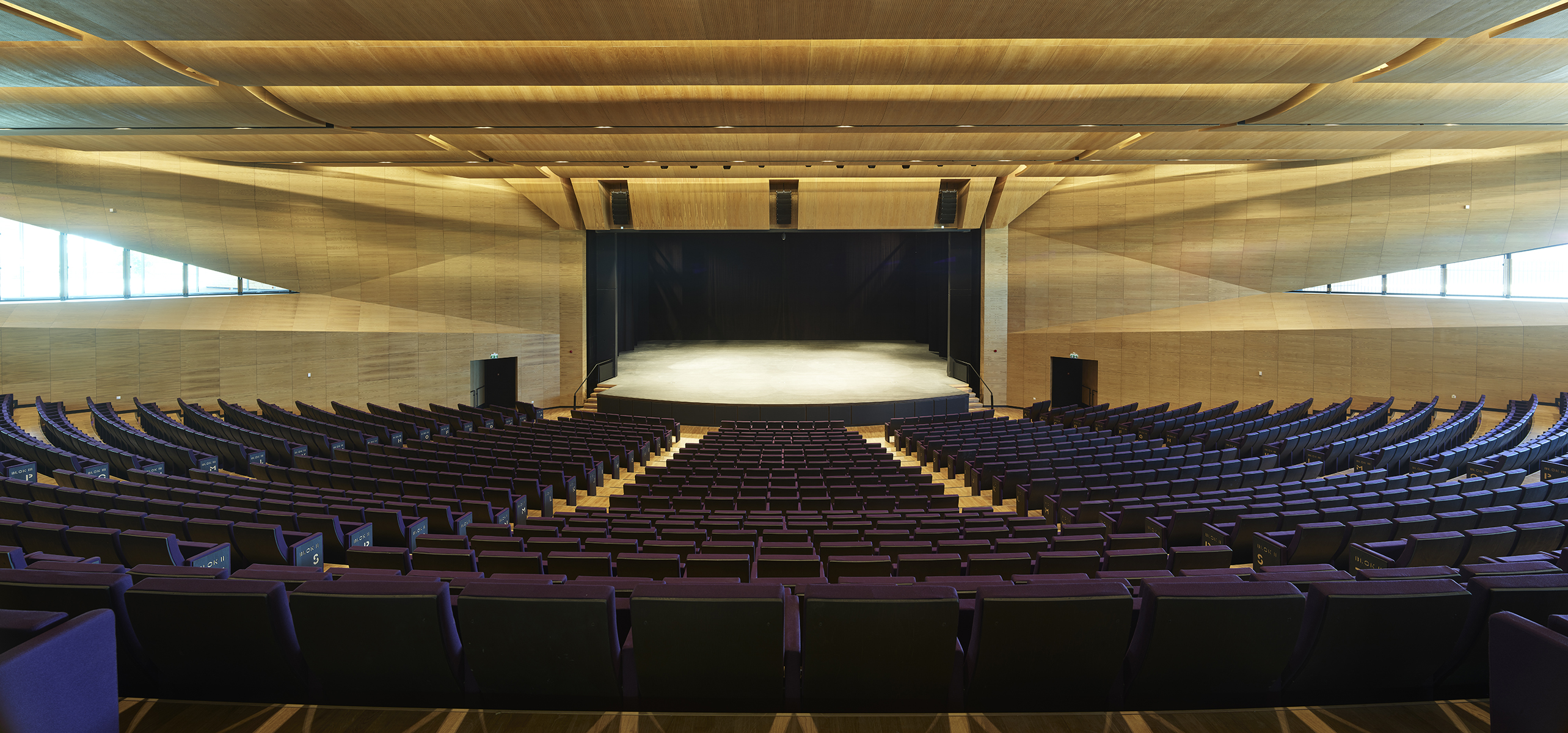
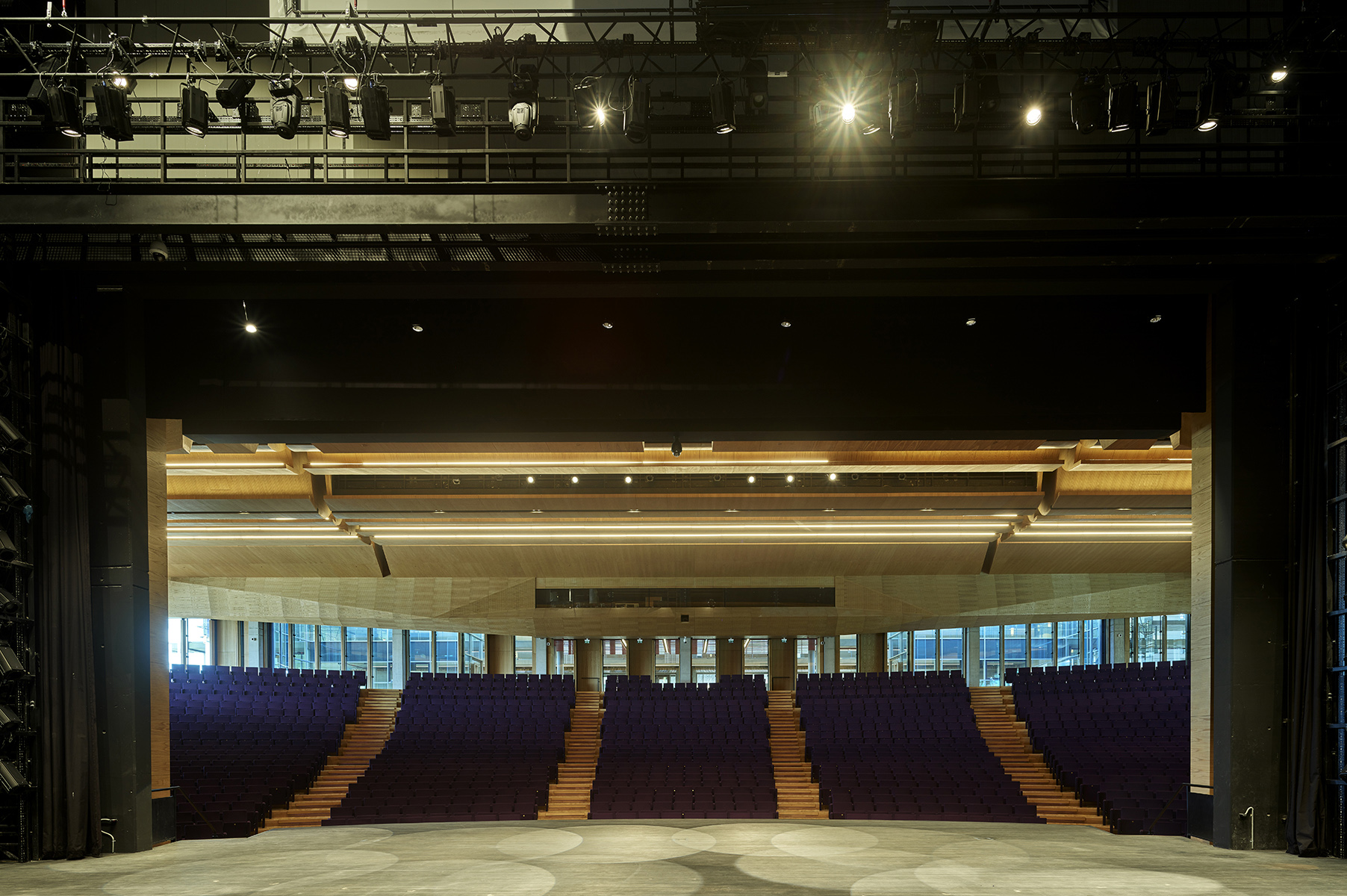
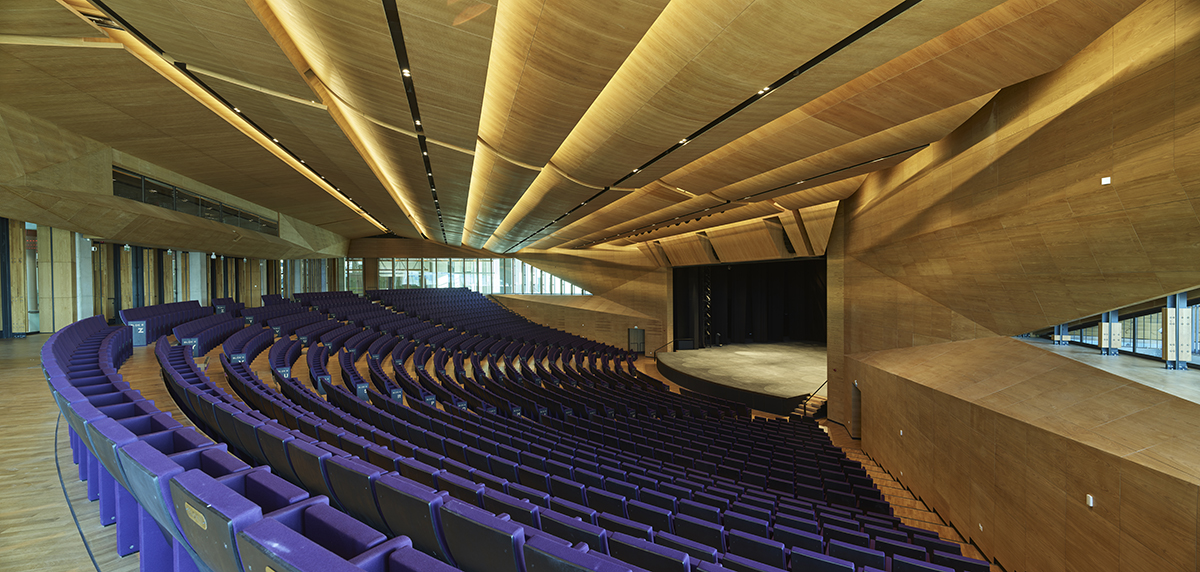
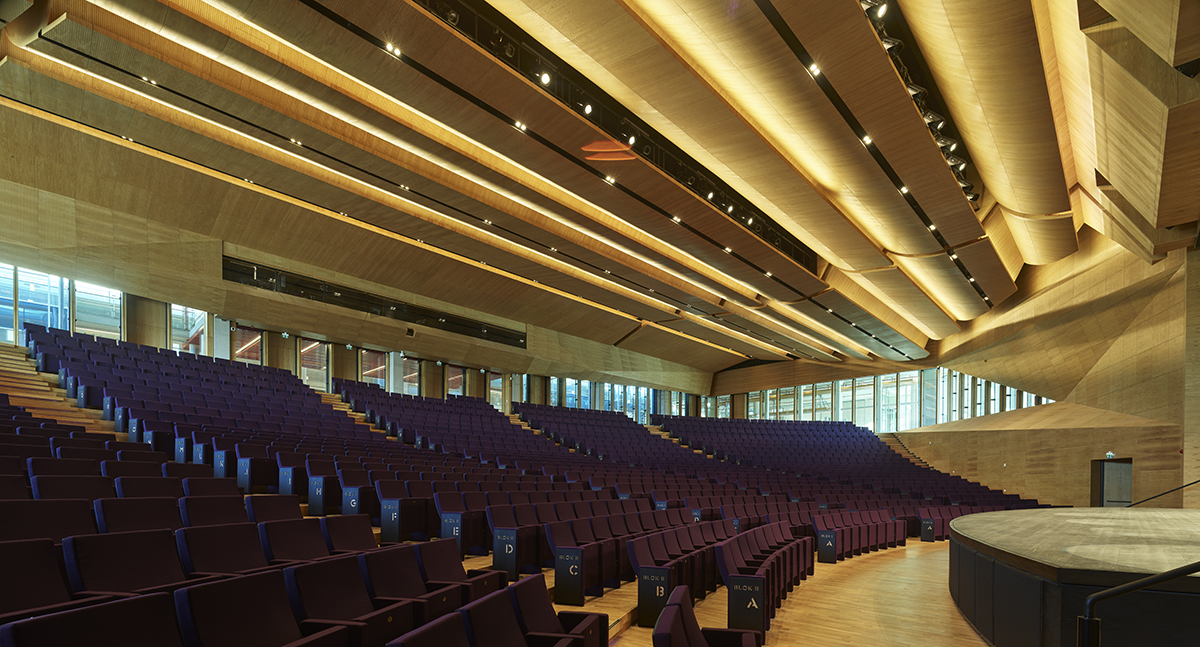
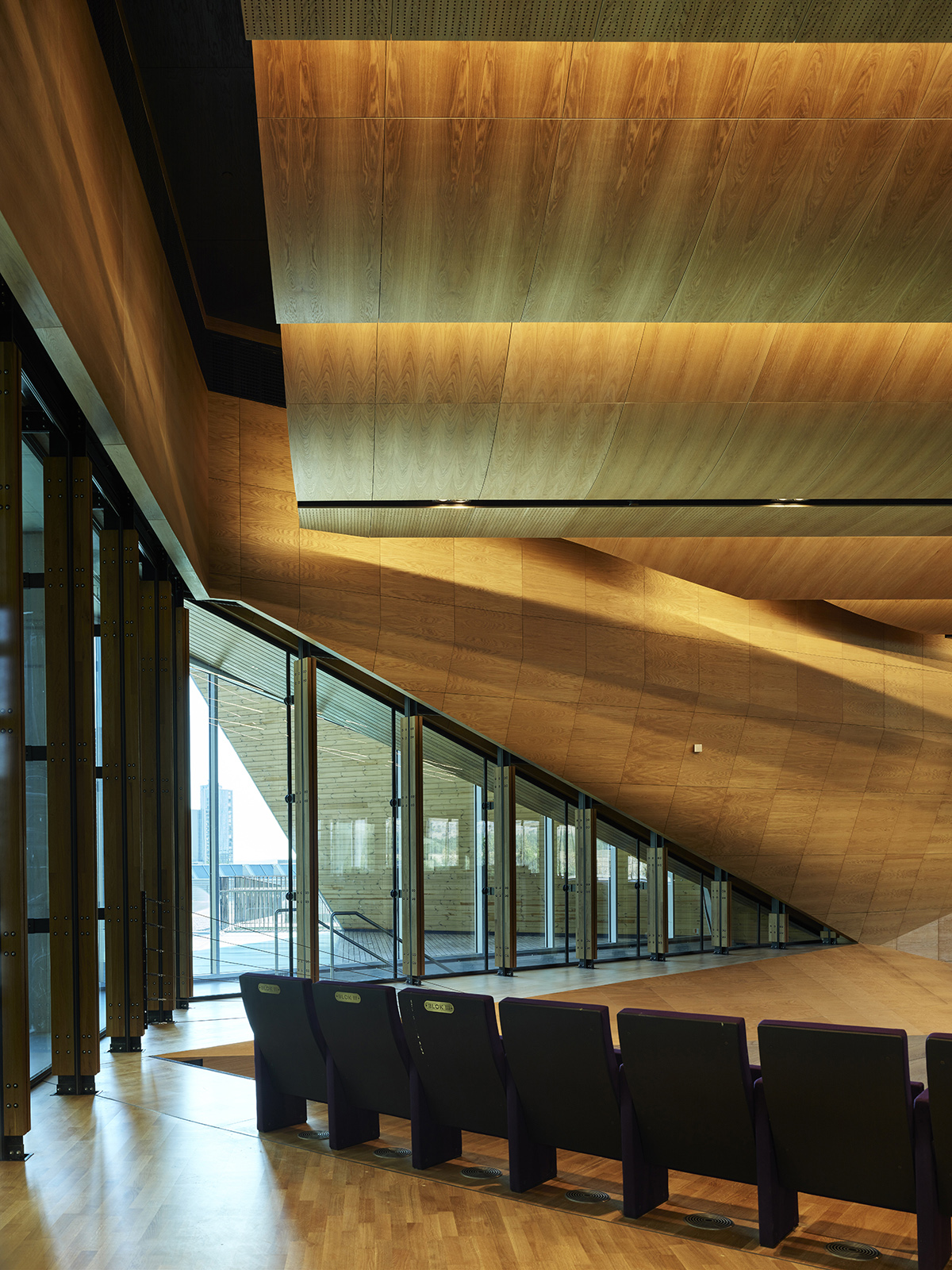
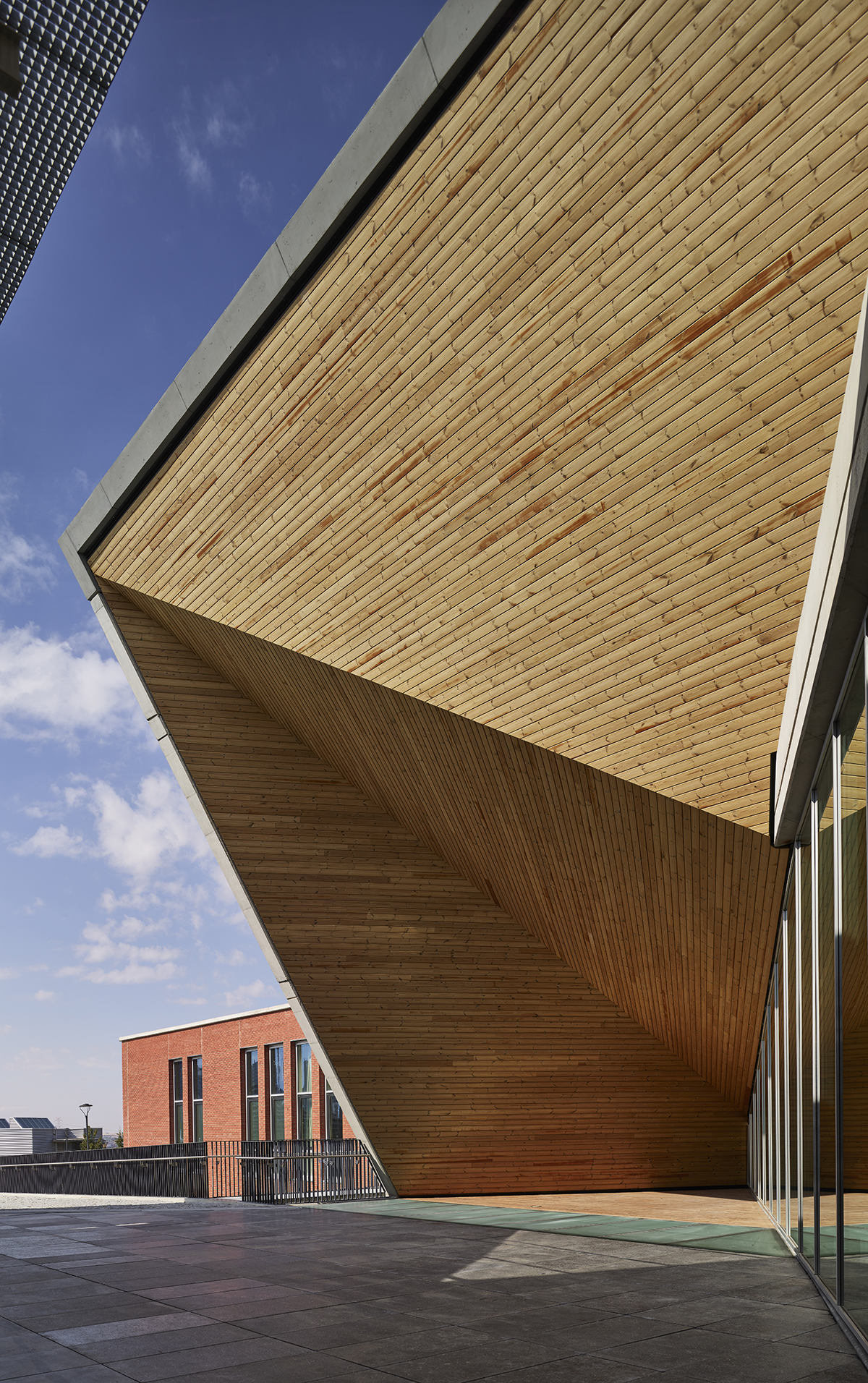
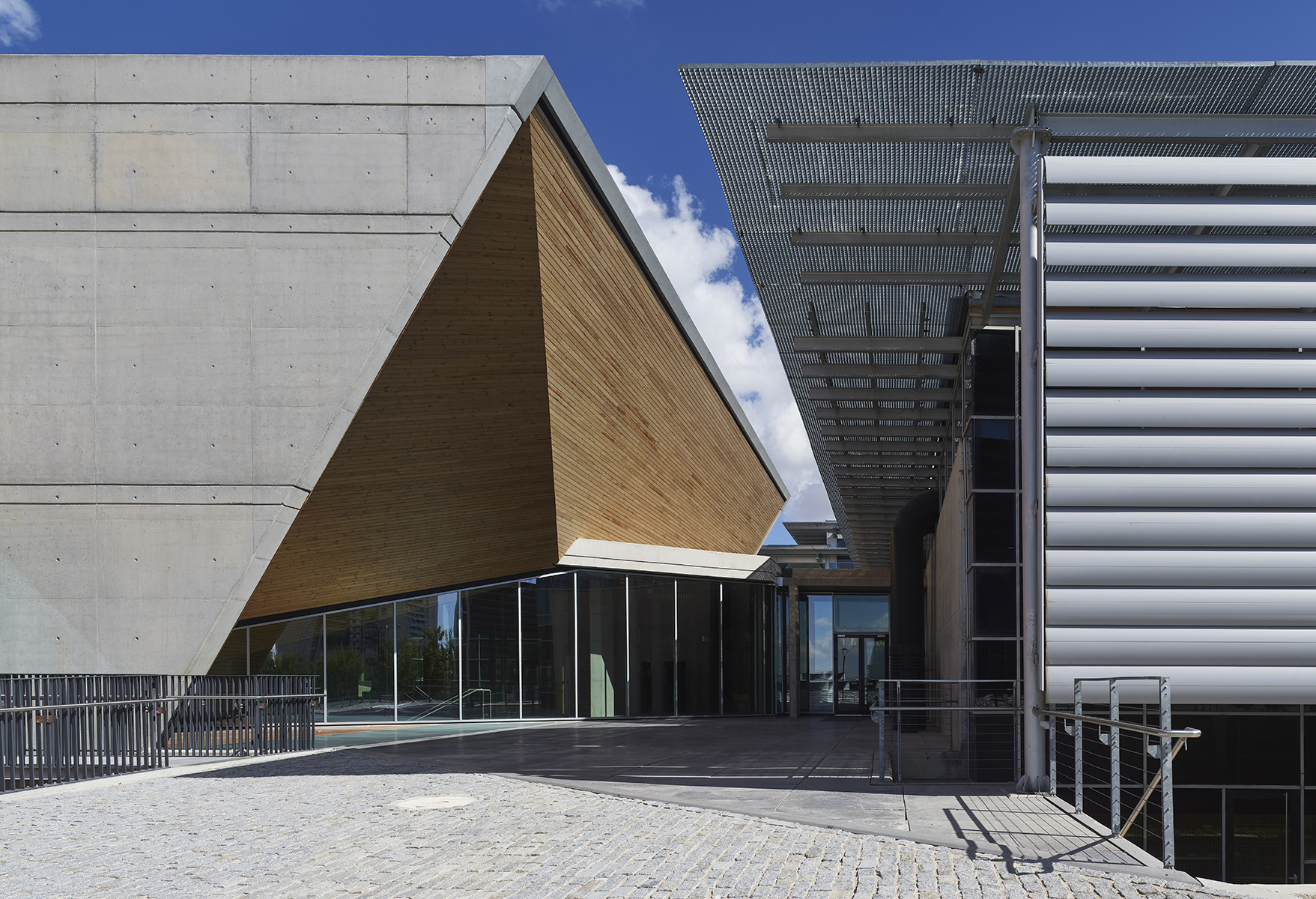
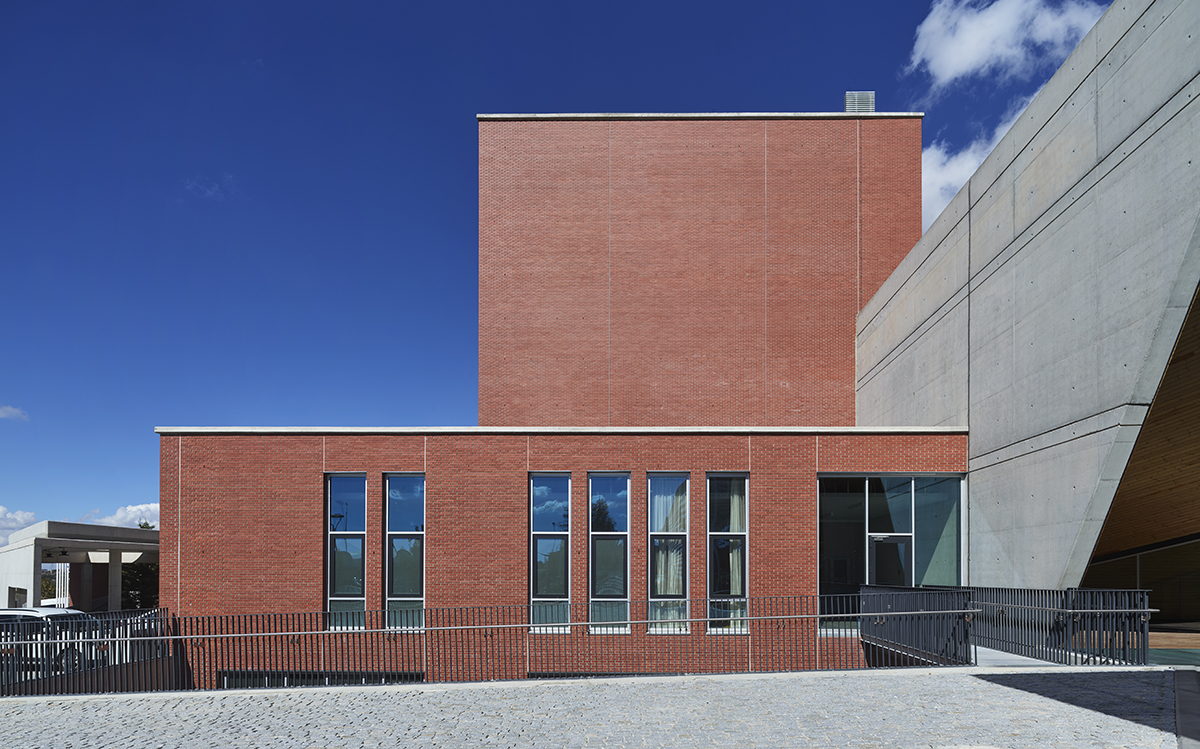
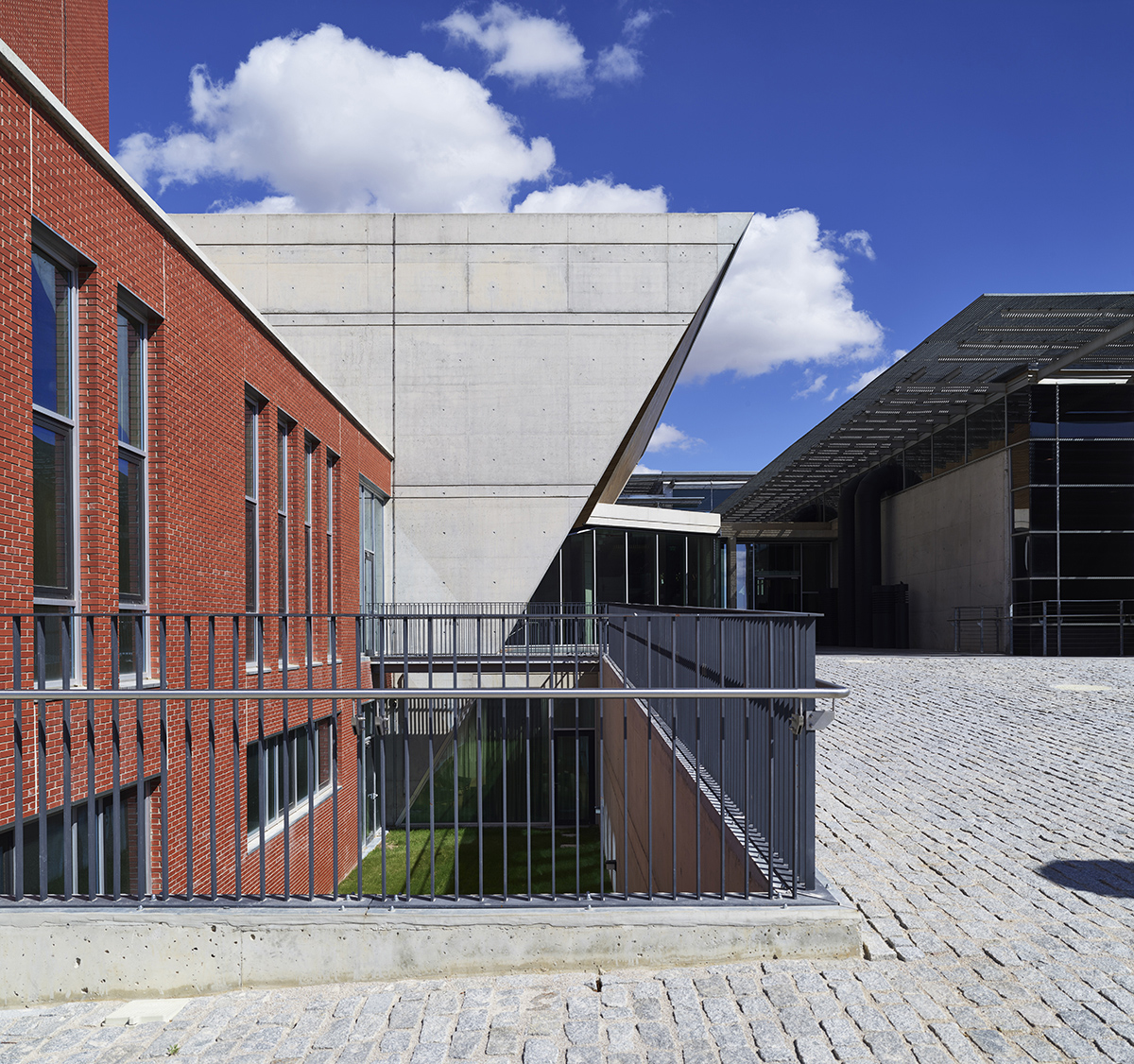
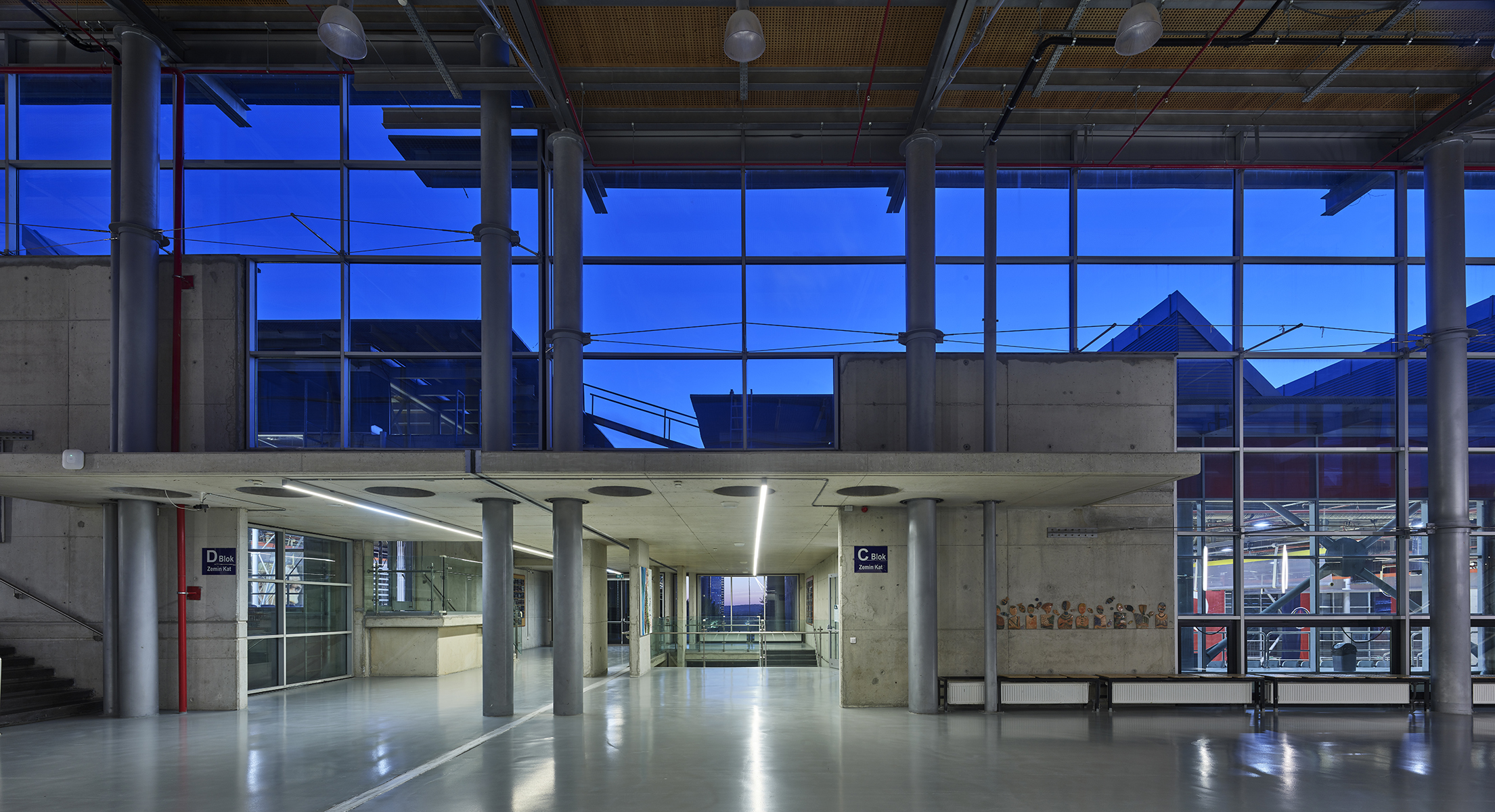
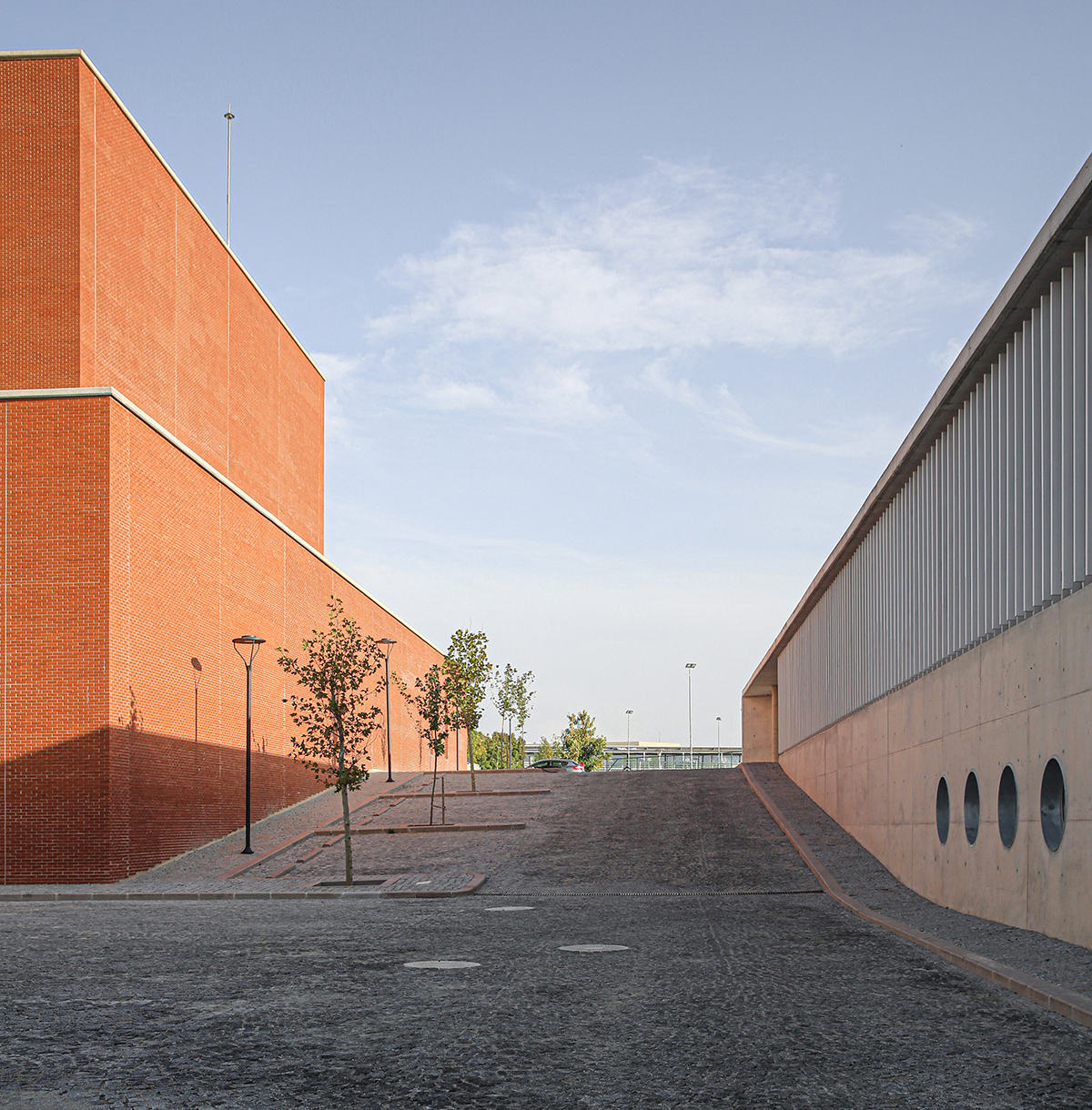
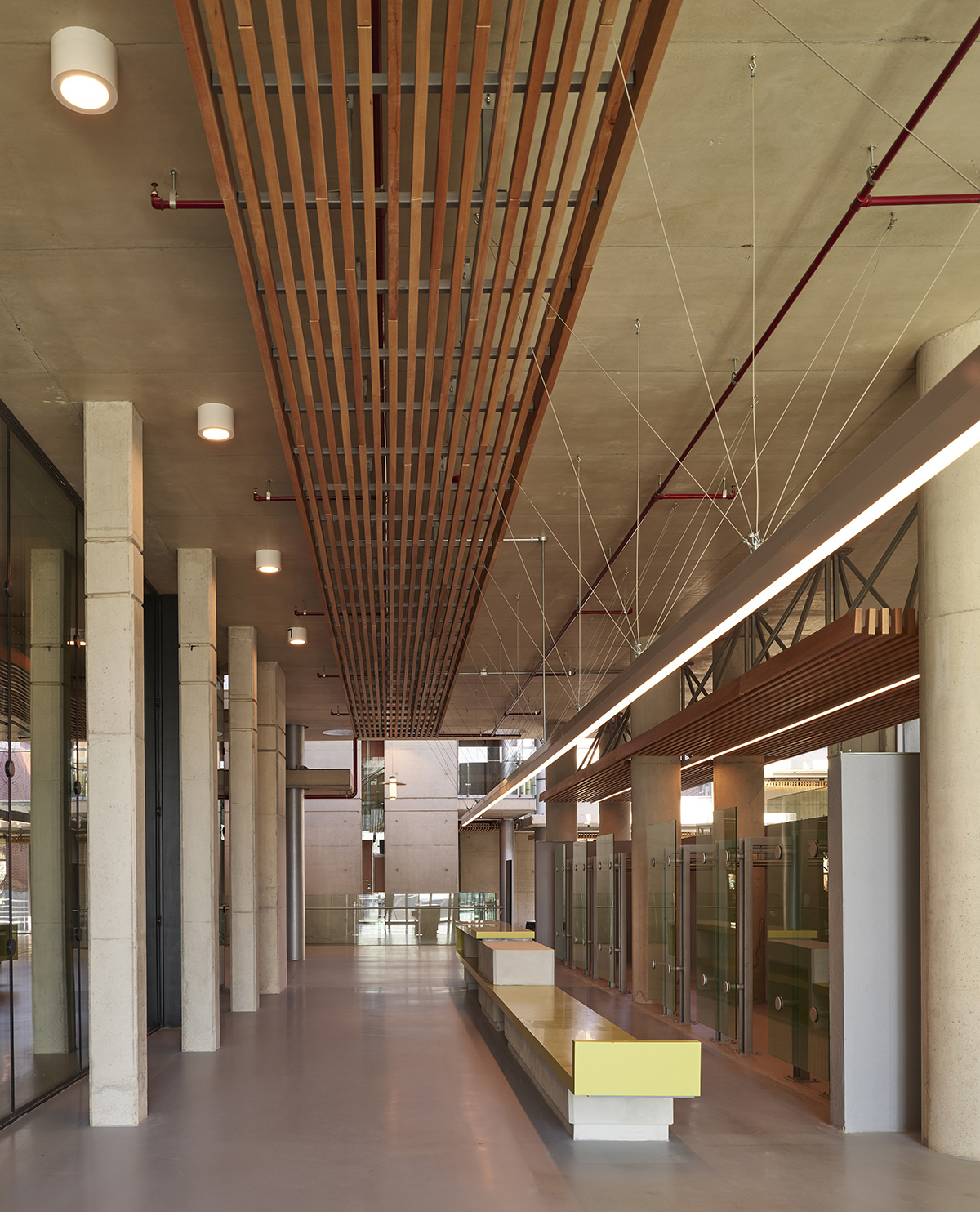
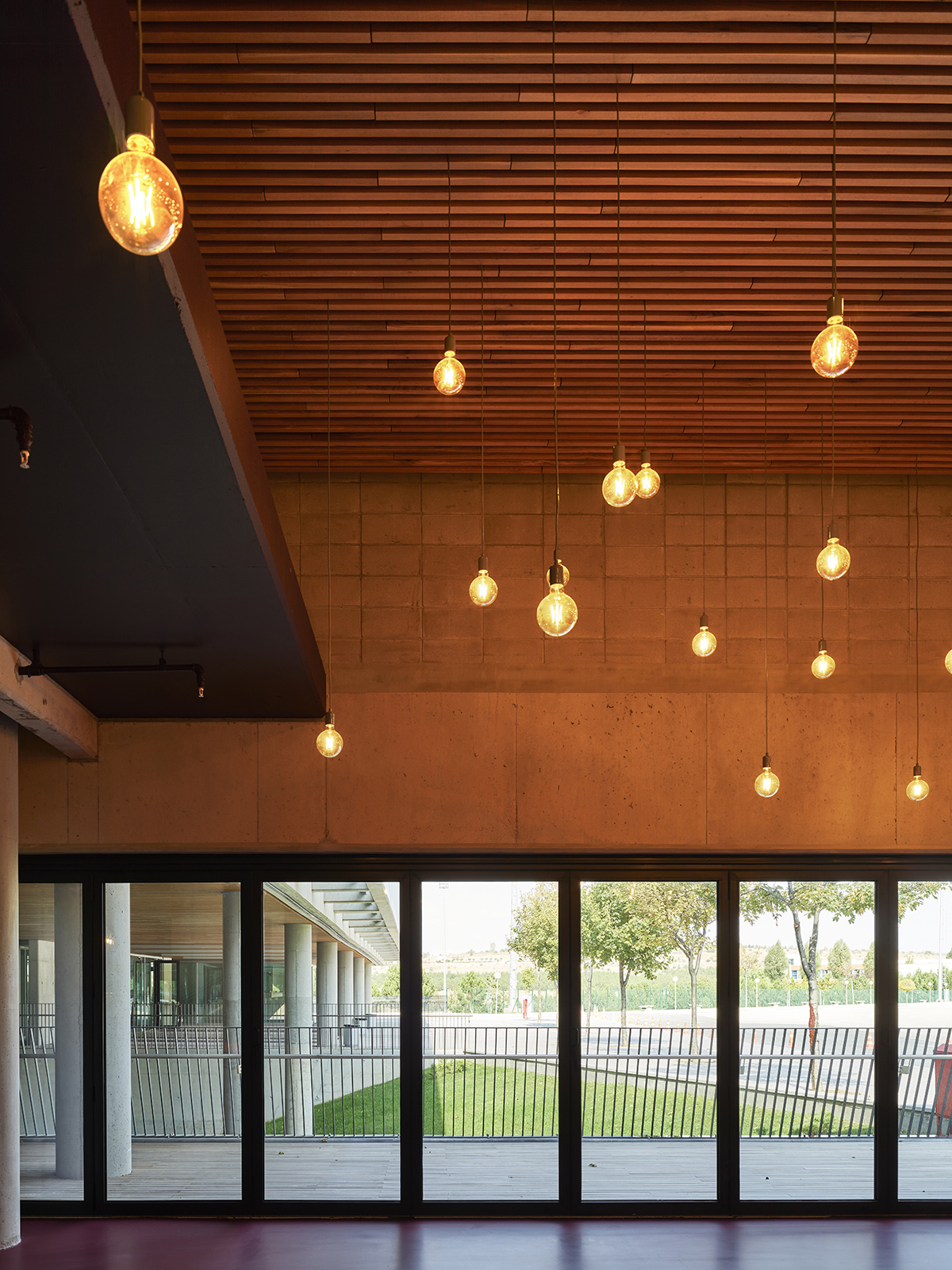
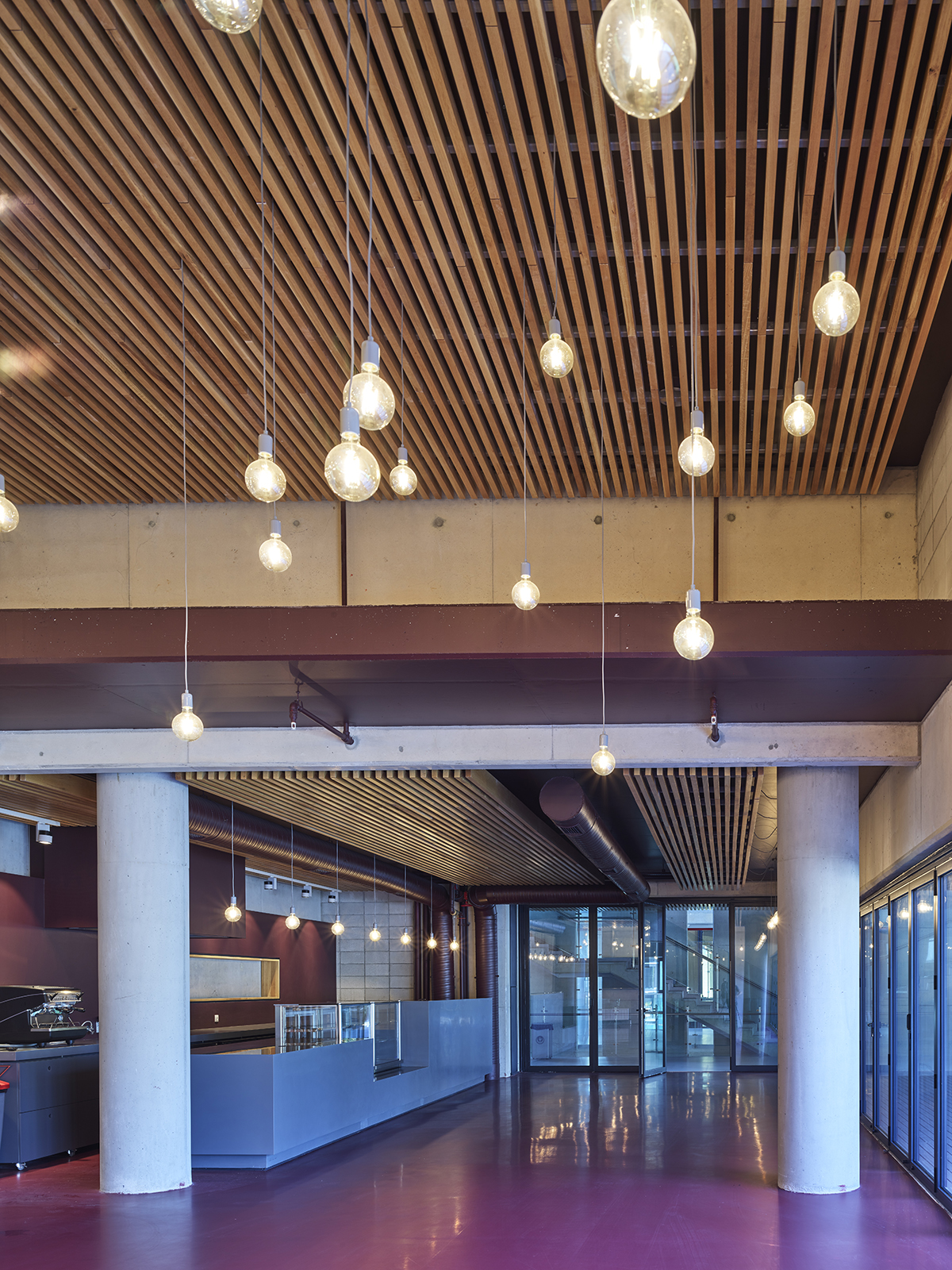
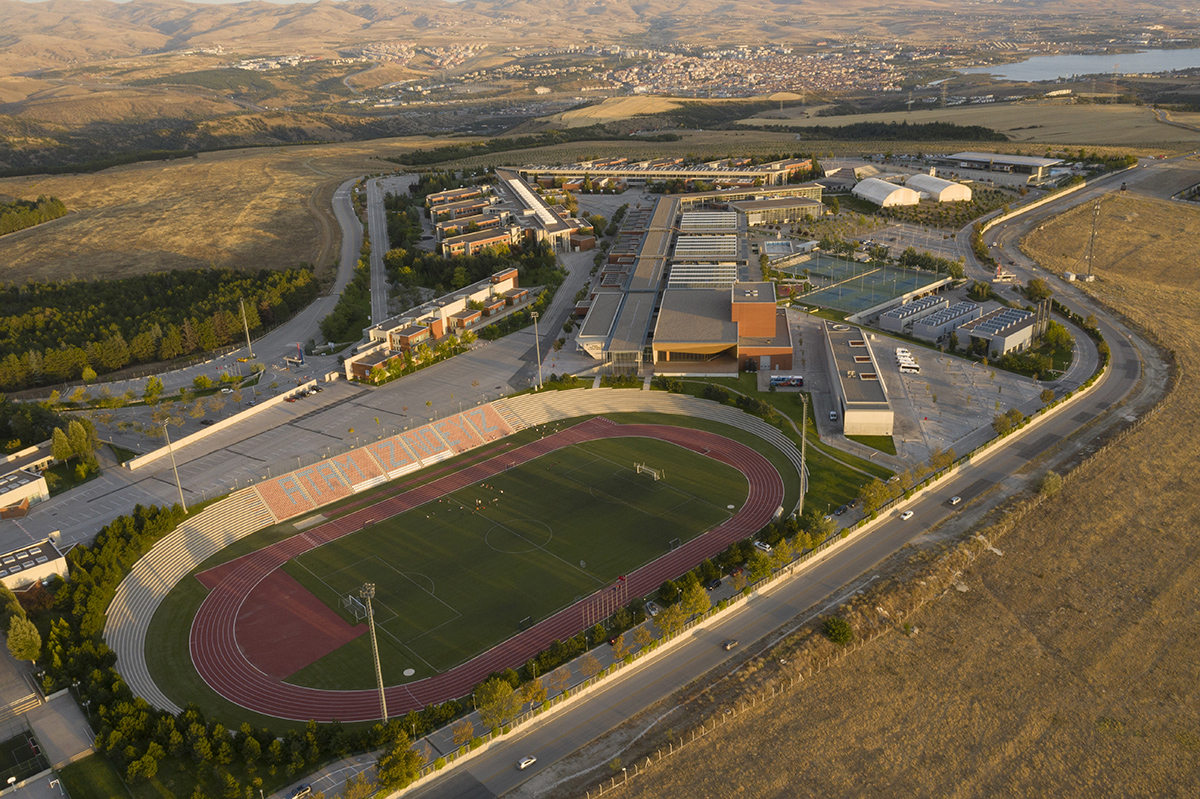
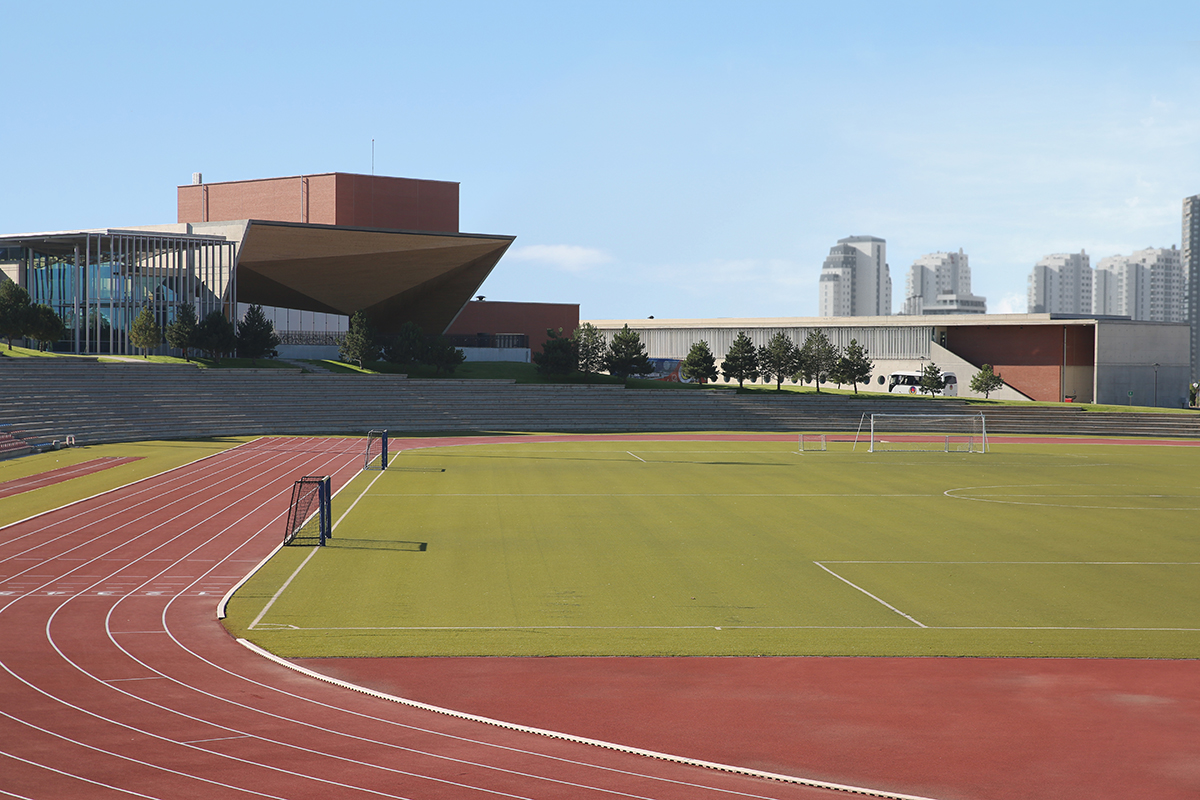
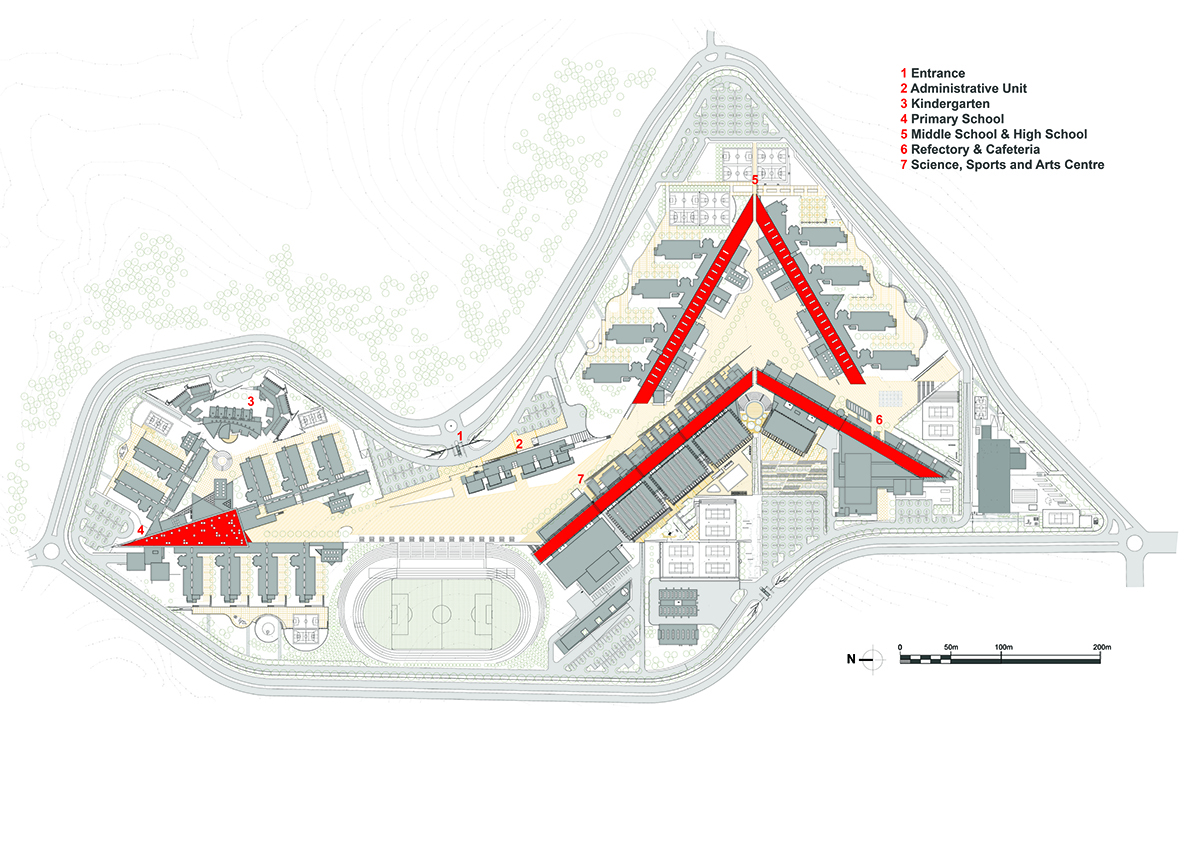
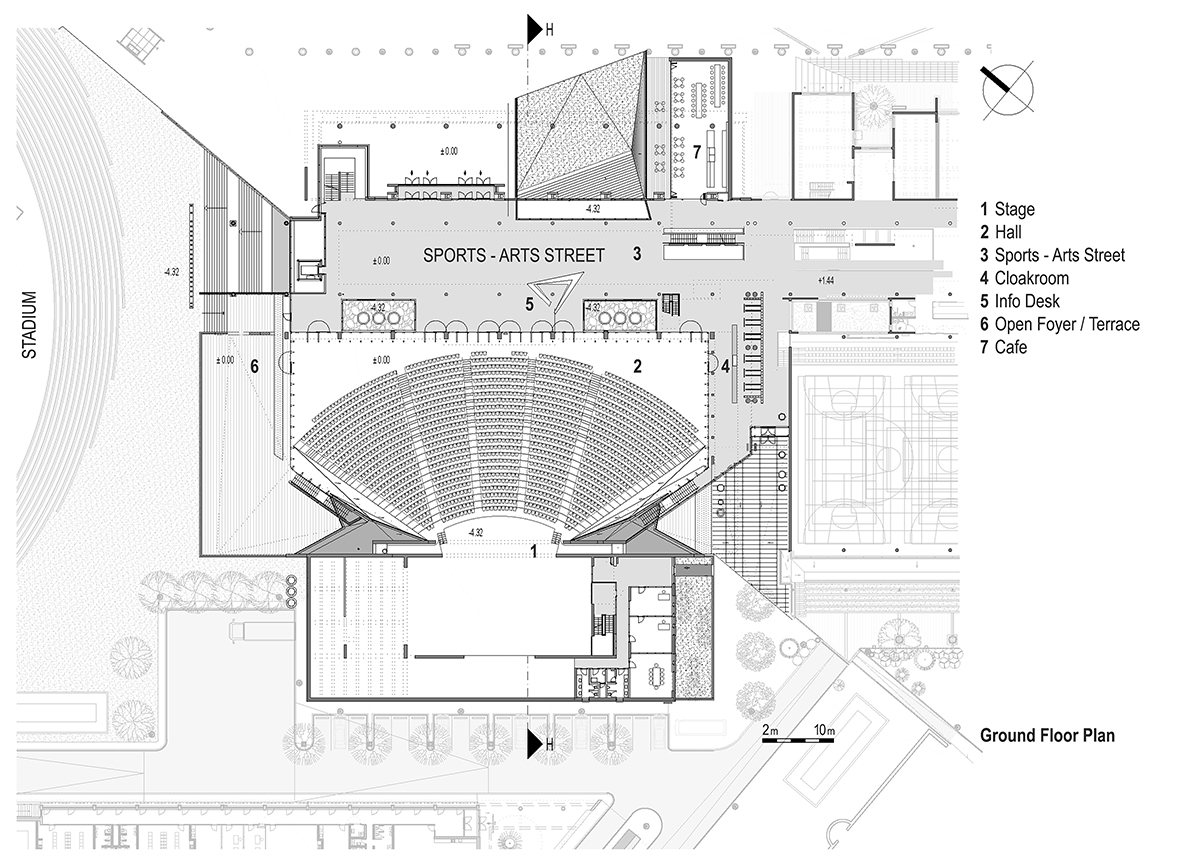

DESIGN
- Semra Uygur
- Özcan Uygur
PROJECT TEAM
- Necati Seren
- Güliz Erkan
- Mustafa Kır
- Aybüke Kır
- Kemal Yurtgezen
- Ahmet Korkmaz
- Rabia Uçay
- Deniz Uygur
The project, which won the architectural project competition for the Ted Ankara College Campus with a capacity of 6000 students in 1998, was implemented in 2005 and educational activities have begun. Conceptualized and designed by Semra Uygur and Özcan Uygur, this campus is a city simulation accomplished adopting the principle that education should create its own urban life even if it is in an area remote from the city. As a result of this design principle, TED Ankara College Campus operates as an actual city with the daily circulation routes designed considering the diversity of common indoor-outdoor areas, functional arrangement, meeting of various users, and the requirements emerged within the process.
The campus in question needed a multi-purpose performing arts center with a capacity of 1500
people in
the process and eventually the designers adopted the necessity of it to dissolve in the campus
arrangement without any pretentiousness.
The Performing Arts Center, which was decided to be articulated with the Sports-Art Street in
the
current campus plan, was placed in the southwest direction at the end of the Sports-Art Street,
considering that it promises a use where
social relations are perhaps the most publicized. The singularity of the building is aimed to be
unnoticeable while moving on the inner street and care is taken to give the feeling that it was
attached
to the circulation route in the campus
by itself. The building, which rises considering the image of an eye looking outwards and a hug
inviting
in, was articulated to the existing street as if it has always been there; the street has turned
into a
foyer and opened itself to the
geography with a transparent finish. Although the Performing Arts Center is designed as a
continuation
of the overall building composition in the campus, it opens itself to the geography as the end
of the
campus in an understated but iconic
way. It is both the eye and the hug.
The spatial play in combining the orthogonal and Euclidean geometry used in the architectural
language
of the campus continued in this building, but it is customized. The large volume requirement,
which is
the result of the dense capacity
of 1500 people, has been refined by the transformation of a rectangular prism into a sculptural
form.
The side
facades of the hall are composed by triangulating at different angles, and the movements of
light on the
wooden facade surfaces perform light and shadow plays outside. This image of eye and hug,
obtained by
carving, is felt not only in the
distant view, but also in the hall, and the relationship of the viewer with the geography is
kept
dynamic. For this reason, the hall becomes transparent on both sides and opens itself to the
outside.
The terrace at the end of the Sports-Art
street, where the eye and the hug images emerge, can also be used as an open foyer, and can be
used for
multi-purpose sunset events with its southwestern position. The design of the building gained
identity
by recreating the experience of
the viewer under a top cover rather than the experience of the viewer in a closed space, and the
necessity of maintaining its relationship with the existing topography poetically was adopted as
a
principle. The hall, which emulates the
ancient Greek theater, the most important performance venue, finds its own elevation by resting
on the
slope of the topography and collects the dense capacity by dissolving it in the volume with its
fan-shape. In addition to the use with
dense capacity, it can be divided for uses such as theater performances, converted into a
smaller hall
with curtains, acquiring a multi-purpose character.
- Location
- Project
- Construction
- Structural Eng. Project
- Mechanical Eng. Project
- Electrical Eng. Project
- Landscape Project
- Consultants
- Client
- Construction Area
- Photos
- İncek, Ankara, Turkey
- 2016 - 2017
- 2017 - 2020
- Danyal Kubin, Prota Engineering
- Bahri Türkmen, Bahri Türkmen Engineering
- Kemal Ovacık, Ovacık Engineering
- Can Kubin, Promim
- Mehmet Çalışkan(Acoustics), Zühre Su Gül(Acoustics)
Kemal Suner(Audio-Visual Professional Systems) - Ted Ankara College Foundation
- 9405m2
- Cemal Emden, Deniz Uygur


